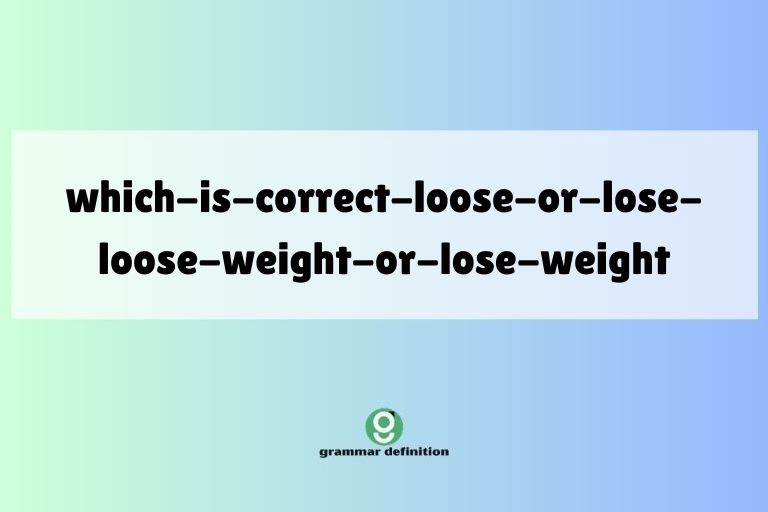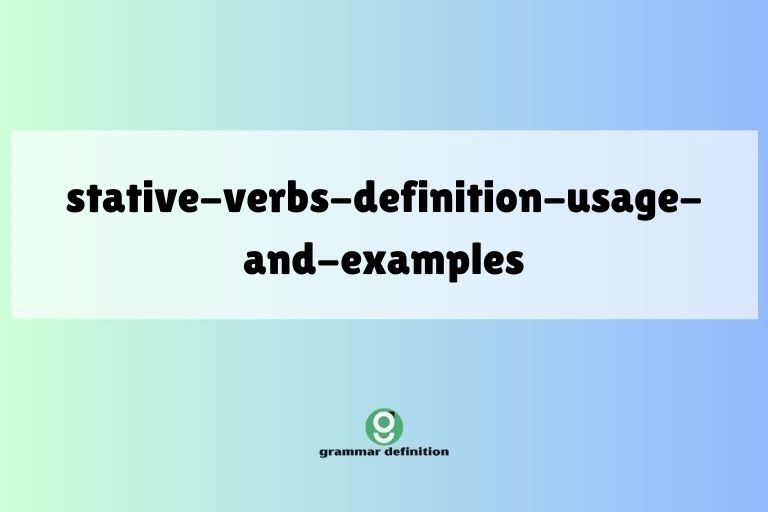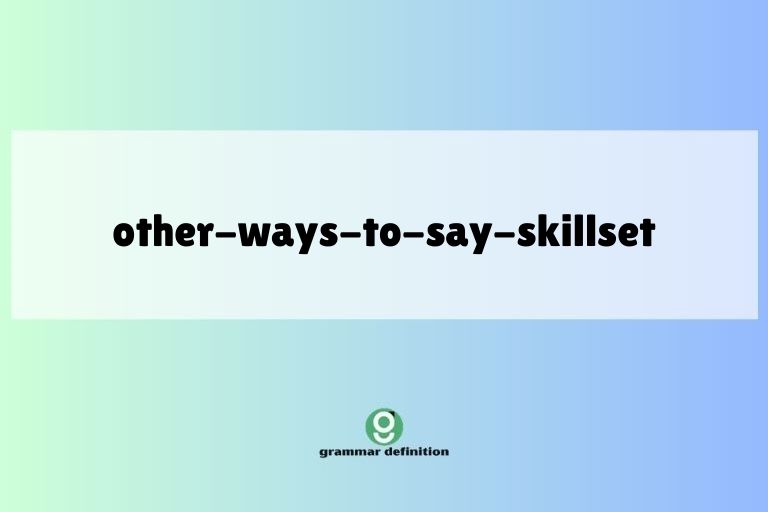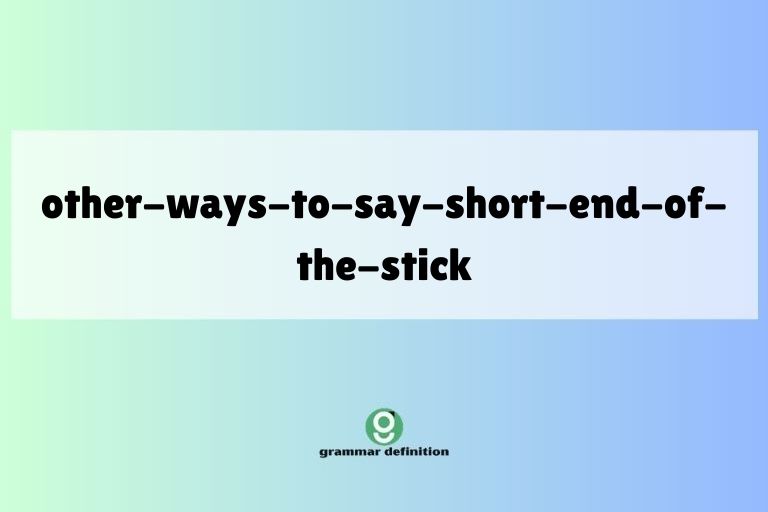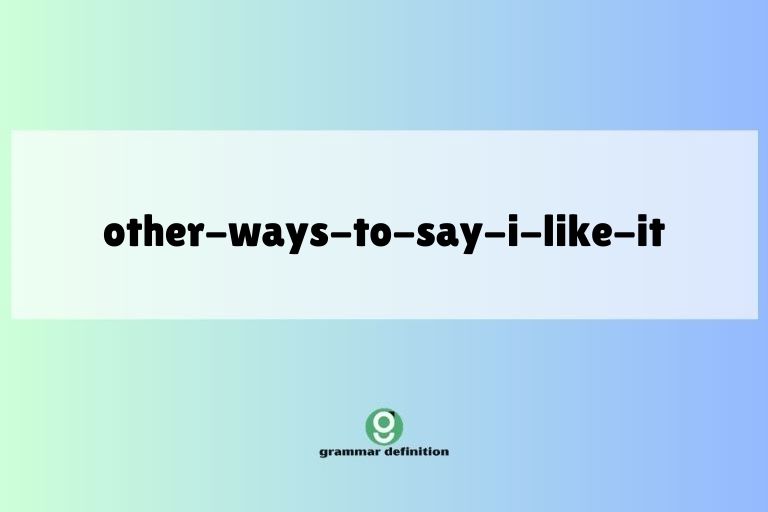Loose vs. Lose: Mastering the Correct Usage
Understanding the difference between “loose” and “lose” is crucial for clear and effective communication in English. These words, though similar in sound, have distinct meanings and grammatical functions. Confusing them can lead to misunderstandings and awkward phrasing. This article provides a comprehensive guide to mastering the correct usage of “loose” and “lose,” covering definitions, examples, … Read more

